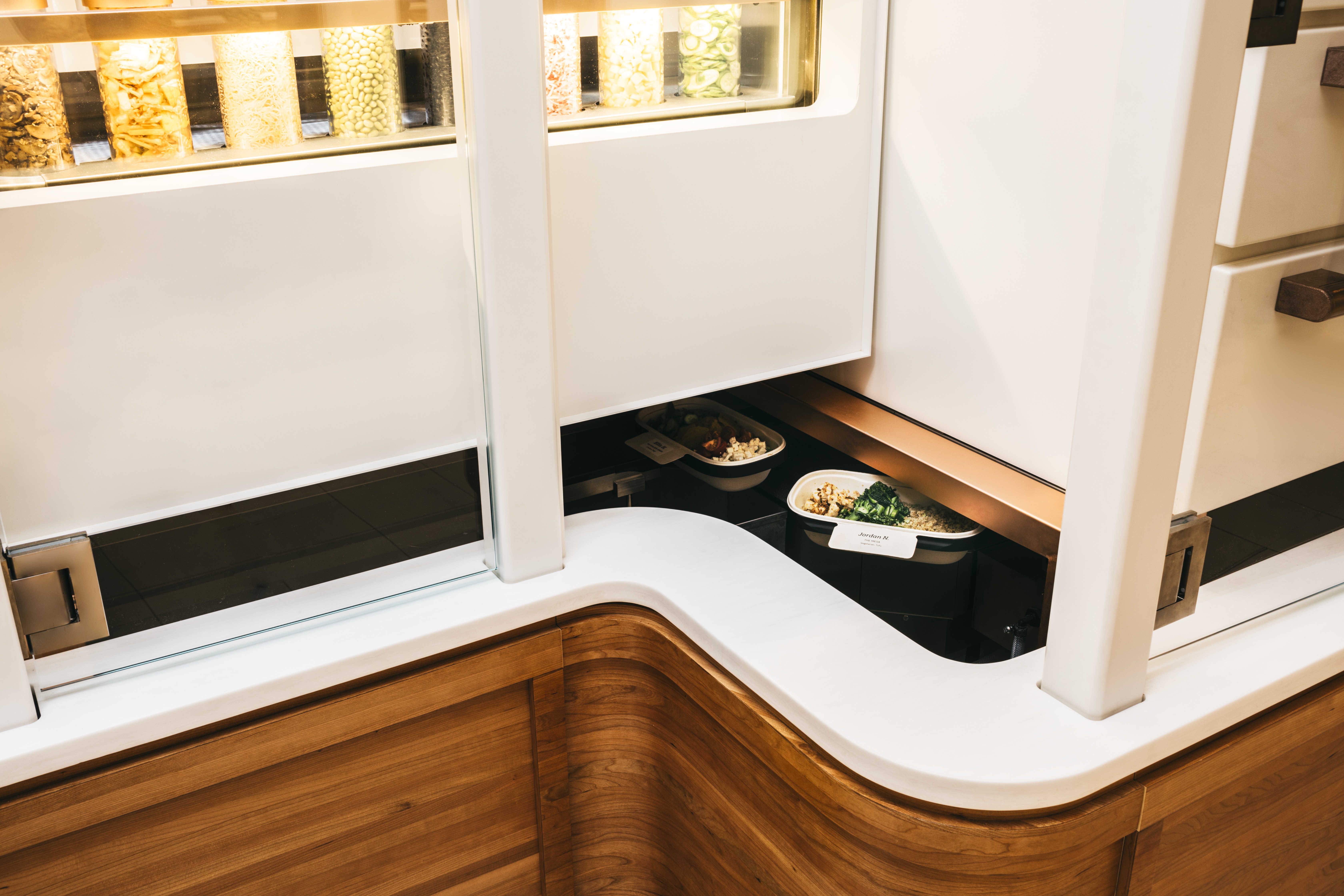Like so many other aspects of the robotics world, the pandemic has dramatically accelerated interest in the automated kitchen. After all, the food and restaurant industry was deemed essential amid global shutdowns, but finding kitchen staff proved a problem for many, especially early on when questions remained around COVID’s transmission.
This week, California-based fast casual salad chain Sweetgreen announced plans to go all in on automation with the acquisition of Spyce. Founded in 2015, the Boston-based startup started making waves a few years back as a spinout of MIT mechanical engineering students. First serving up food at the school’s dining hall, the team ultimately opened a pair of automated restaurants in the Boston area. The startup notes, “our Spyce restaurants will stay open at this time.”
Sweetgreen plans to eventually incorporate Spyce’s technology into its restaurants. It will likely take some time to scale up to the needs of the chain, which currently operates more than 120 locations across the U.S.

Image Credits: Spyce
“We built Sweetgreen to connect more people to real food and create healthy fast food at scale for the next generation, and Spyce has built state-of-the-art technology that perfectly aligns with that vision,” Sweetgreen CEO and co-founder Jonathan Neman said in a statement. “By joining forces with their best-in-class team, we will be able to elevate our team member experience, provide a more consistent customer experience and bring real food to more communities.”
Like pizza, salads are a clear target for early food automation. They’re both popular and relatively straightforward to automate — essentially mixing a bunch of ingredients from different chutes into a bowl.
Sweetgreen is quick to note that the plan isn’t to replace employees outright, however.
“[T]eam members will be able to focus more on preparation and hospitality moments, while having the opportunity to work with state-of-the-art technology,” the company writes. “Invest more in training and development to support team members to become Head Coaches. Interested team members will be able to develop technology-facing skills to operate and maintain Spyce technology.”
The deal is expected to close in Q3. Terms were not disclosed.
from Startups – TechCrunch https://ift.tt/3ymuErw
Comments
Post a Comment